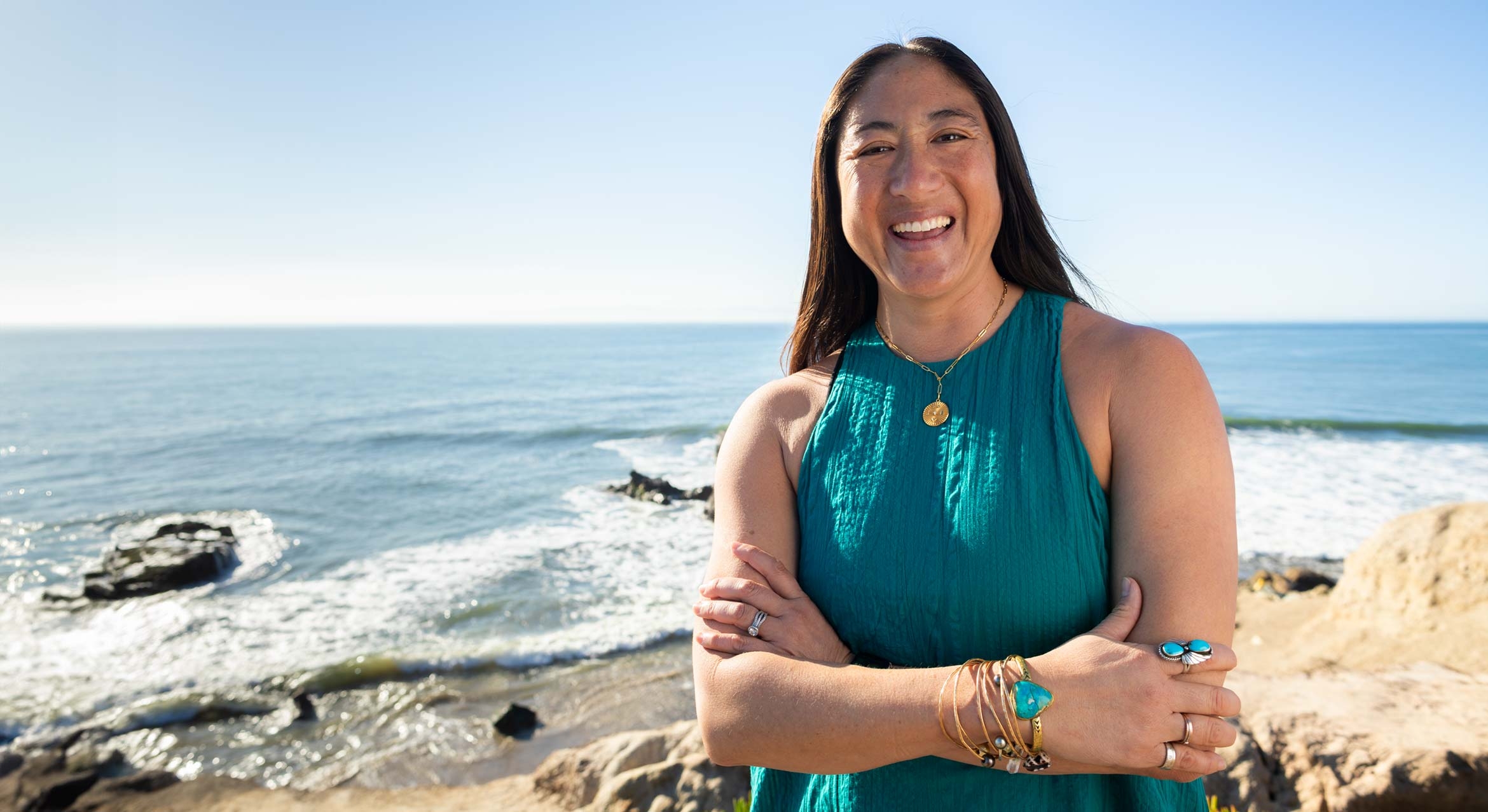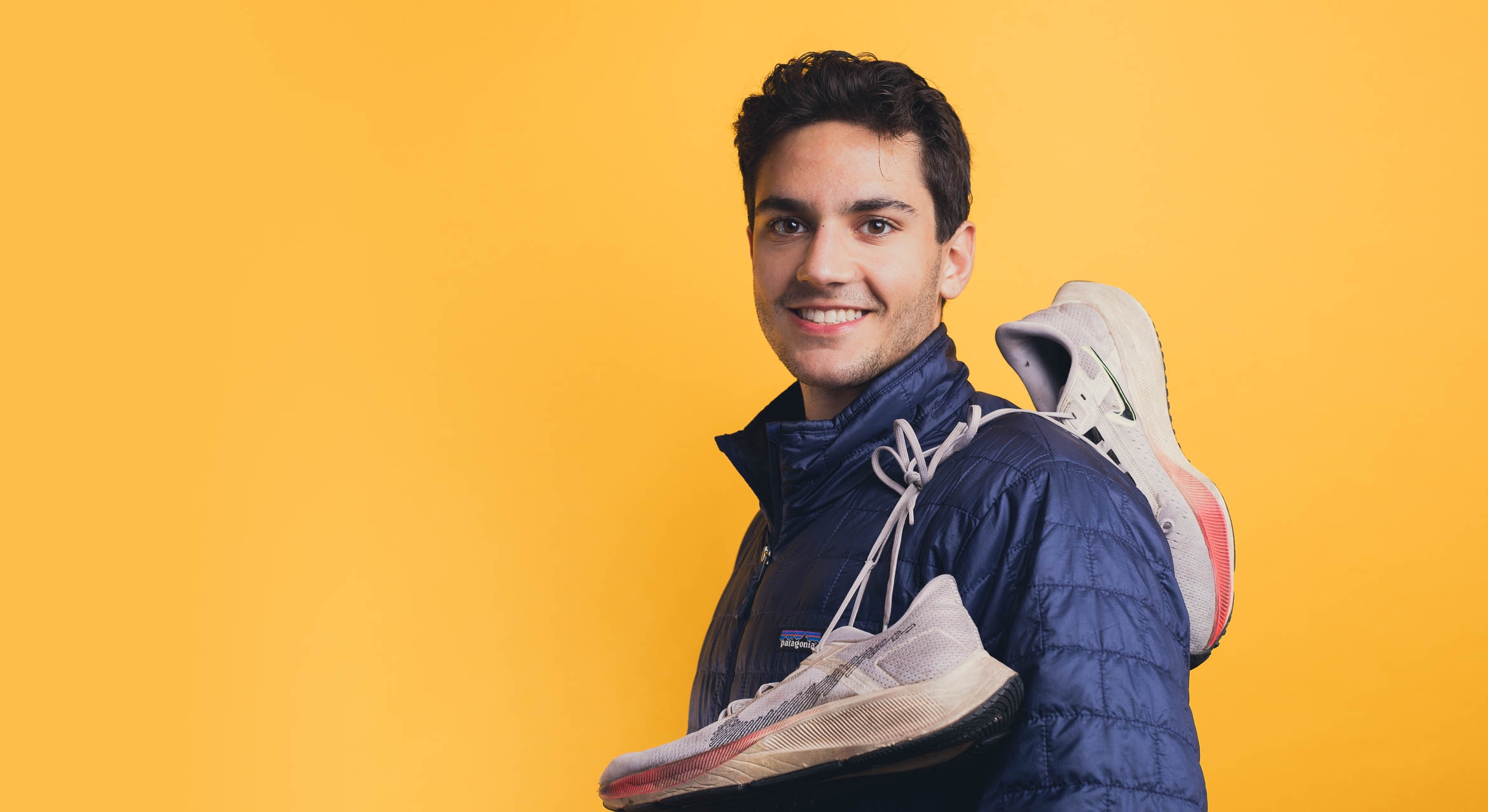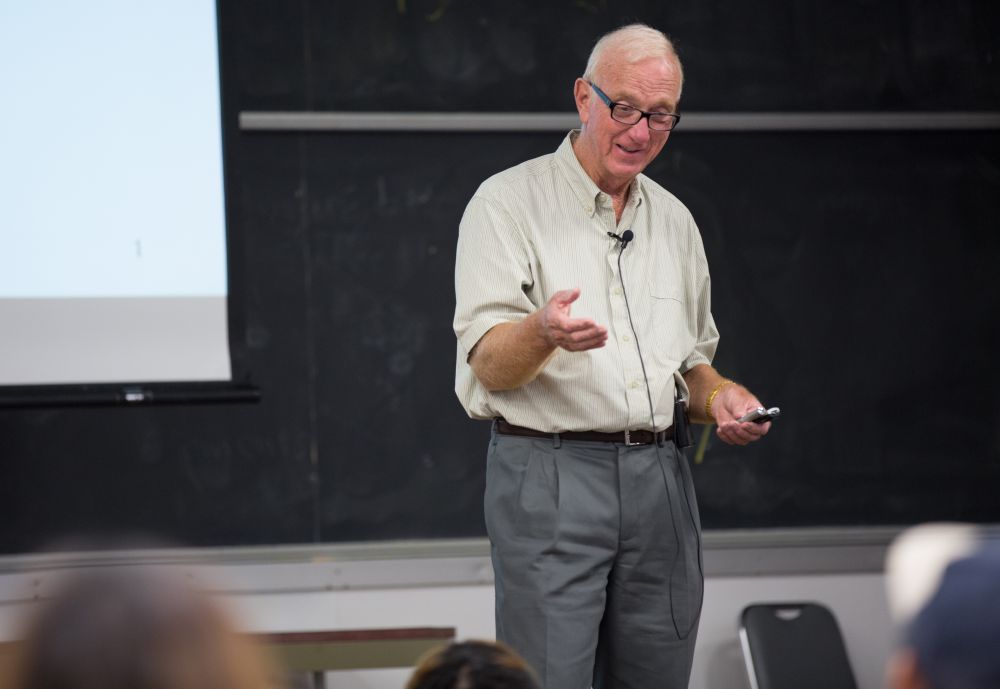
Class Acts
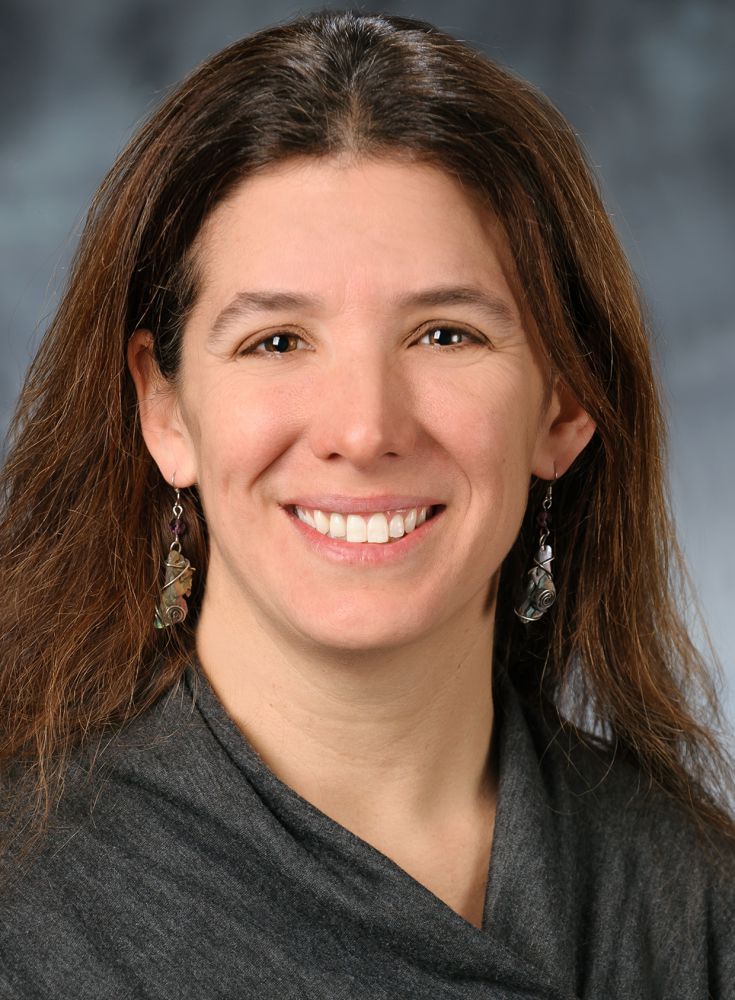
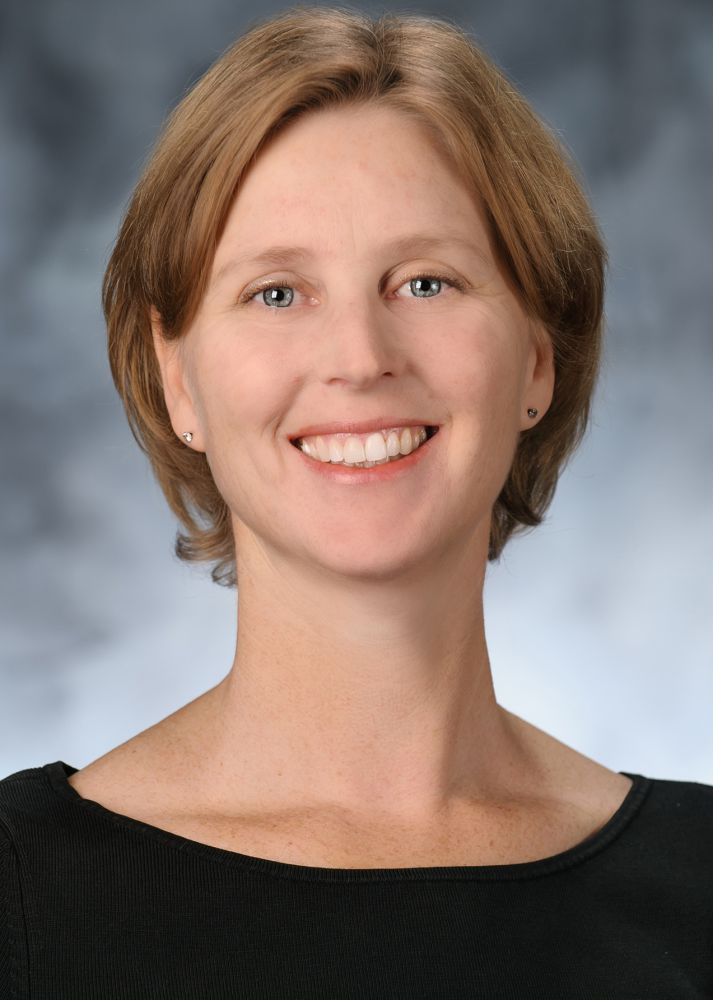
We all know exceptional teachers, people with the ability to connect with and inspire their students. How do they do that? Is it their knowledge of the subject? Their passion? Some pedagogic magic?
A new program from UCSB Instructional Development (ID), “TALES: Teaching and Learning Excellence Series,” will explore excellence in the classroom with live events featuring acclaimed faculty and podcasts with instructors and students. “The TALES series is really an opportunity to explore some broader ideas in teaching and learning that we hope will lead to vibrant discussions across disciplines,” noted Lisa Berry, senior instructional consultant in ID. “So rather than having it focused on one small theme, we’ll highlight some of our distinguished teaching award winners. We’ll have people who’ve been nominated by their peers as excellent instructors to tell us stories about what they do. Their presentations will allow us to experience what they do in an authentic, dynamic setting.”
The first live event Tuesday, Feb. 7, at 4 p.m. in Girvetz 1004 will feature Enda Duffy, a professor of English who received an Academic Senate Distinguished Teaching Award for 2014-15. He’ll discuss “Teaching the Truth,” and the need to embrace courage as a teacher. The best teaching happens, he argues, when instructors challenge their students to see what the truth is and then to stand up for it.
The second event Tuesday, Feb. 28, at 4 p.m. in Girvetz 1004, will feature Helene Gardner, a lecturer in environmental studies. She’ll talk about “Telling Tales in School,” and the power of anecdotes in a science classroom. “She has this amazing, engaging storytelling style that people don’t think of in the sciences so much,” Berry said.
The live events are open to the whole campus, but faculty and lecturers are especially encouraged to attend. The talks were designed to be a lively experience, said Mindy Colin, an instructional consultant in ID. “Teaching is such an active, vibrant thing they do, and they do it behind closed doors,” she said. “The students see it, but I don’t think a lot of their peers see it, and there’s some really great things that are happening on campus. We want to highlight and celebrate those so that students and instructors get a better idea of what’s happening and what kinds of things are exciting.
“Part of why we wanted to do this was also to open up conversation; to bring everybody together and give them a chance to sit down, in a theater,” Colin continued. “They’re not just going to be watching; it’s going to be very interactive. It’ll be like the person on the stage is actually teaching them, but it’s going to be a class about what they do when teaching. It’s not going to be sitting back and taking in a lecture, but giving everybody a chance to interact with each other.”
The TALES podcasts, which will be available on the TALES page, will consist of interviews with faculty and teaching assistants about what makes them passionate about teaching, and with students talking about what makes a teacher memorable and effective. “The idea is to take all these interviews and create three- to five-minute podcasts about each teaching and learning topic,” said Colin, who conducts the interviews. “So each topic or theme will have responses from faculty, students and from TAs. That way each podcast will show different perspectives, to create a story of, ‘This is what it’s like to be at UCSB with the greatest instructors that we have.’ ”
“The main theme that runs through the live events and the podcasts is that it’s focused on storytelling,” said Berry. “Stories are our oldest form of communication, and I think it’s going to provide an intriguing atmosphere that will open up new discussions about the richness of UCSB’s undergraduate education and generate new, creative ideas.
“Right now there’s a lot of write-ups in The UCSB Current, for example, about people’s research endeavors and I think instructors are spending just as much time thinking about their teaching,” she continued. “In Instructional Development we want to really draw that out. People are spending a lot of time thinking about their teaching on their own, and with TALES, we’re providing resources and events where they can start exchanging great ideas.”
